|
I heated up some donated leftovers yesterday. The freezer was pretty full when I saw one of my Facebook groups asking for help providing food for a regular meal they serve every weeknight in downtown Portland. I responded, pulled out a bunch of bags that worked well together, and dumped them in foil pans. It took me maybe 10 minutes.
I often wonder whether anything I'm doing is making a difference. Is the food really needed? Isn't it harder to find drivers and servers and people with funds to buy supplies? Couldn't a large-scale food business provide meals much more efficiently? I have to remind myself that it's not about efficiency or simplicity. It's about community. It takes at least a dozen people every day of the week to put together these meals for about 100 people in the park. The diners may or may not be homeless, hungry, discouraged, lonely. It doesn't matter -- everybody is welcome, no questions asked. We've been doing this for a few years now, and a distinct community has developed. The guests know one another and have opportunities to visit, make new friends, ask for help, share resources. These are some of the kindest and most generous people I know, even though they have very little. They recognize that the community itself has great value. It's not just the diners who benefit. None of us could do this alone, and it's scary sometimes. We've experienced the decline of supportive communities. The more crowded our neighborhoods get, the less we know our neighbors. It's easy to feel alone among a mass of humanity. I can't lift much or stand very long and I often don't have the car. Others may not have money for gas or a container big enough or refrigerator space. But somehow, together, this meal happens, every night M-F, 6:00, rain or shine, mostly in one location but moving if that's what it takes. Whatever it takes, this group works, gathers, improvises, cares. It happens because a few people recognized a need -- not for food so much, but for community. It started with one guy who took a pot of hot soup to an under-the-bridge camp during an ice storm. I think he got beat up that first time, but he didn't quit. A few friends were inspired, then a few hundred. Now it's a network of thousands, providing those downtown dinners and picnics in other parks and delivering food and necessities to camps throughout four counties. A few other cities have started their own groups. It's called Free Hot Soup. Not a charity or club or business, just a Facebook group. Guidelines have developed, moderators have stepped up. One great man dedicated his whole truck to mobile beverage service to support the meals. The group's tool is food, but its product is community. In a world where almost everyone feels marginalized one way or another, where we've had to harden our hearts to protect them from despair, where we feel helpless against the need we see all around us, this group empowers. It finds solutions where there was impossibility. It lends a hand when all hands are already full. It stretches when need has already forced too much stretching. Community can do these things, things that individuals can't, that businesses won't, things that charities fail at, because they focus on the wrong end result. It's not food. It's care. Courage. Determination. Those human qualities that inspire and change us, that push us to accomplish greatness. The human spirit is brought alive with energy, hope, love, because people witness one another in acts of stupid, impractical, illogical, magical kindness.
1 Comment
|
AuthorSusie Snortum is passionate about improving society's compassion for meeting basic human needs -- food, shelter, clean water, and dignity. Archives
September 2020
Categories |
We appreciate your support!
Hours
|
Telephone
|
Email
|
ADDRESS: 17850 NW Park View Blvd, Portland, OR 97229 United States
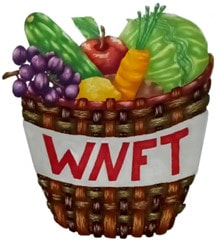
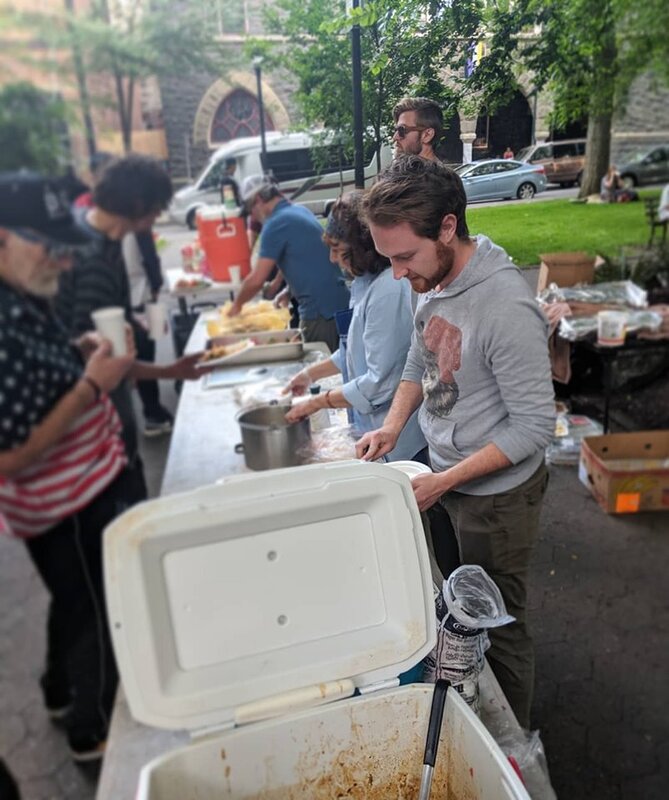
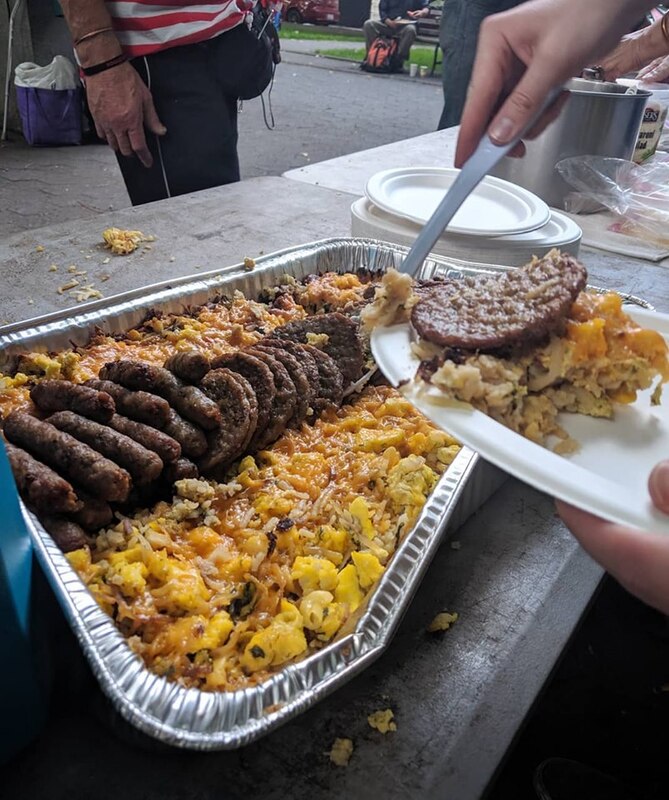
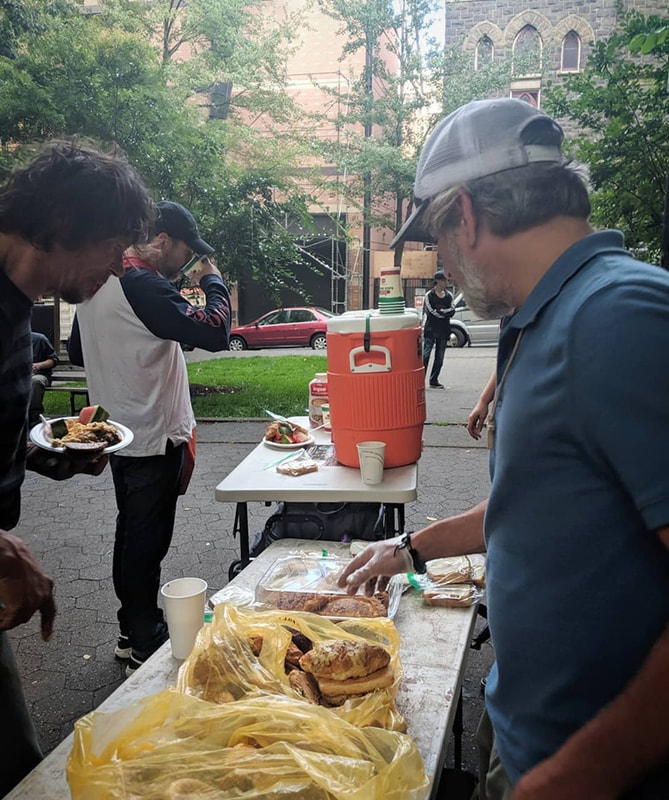
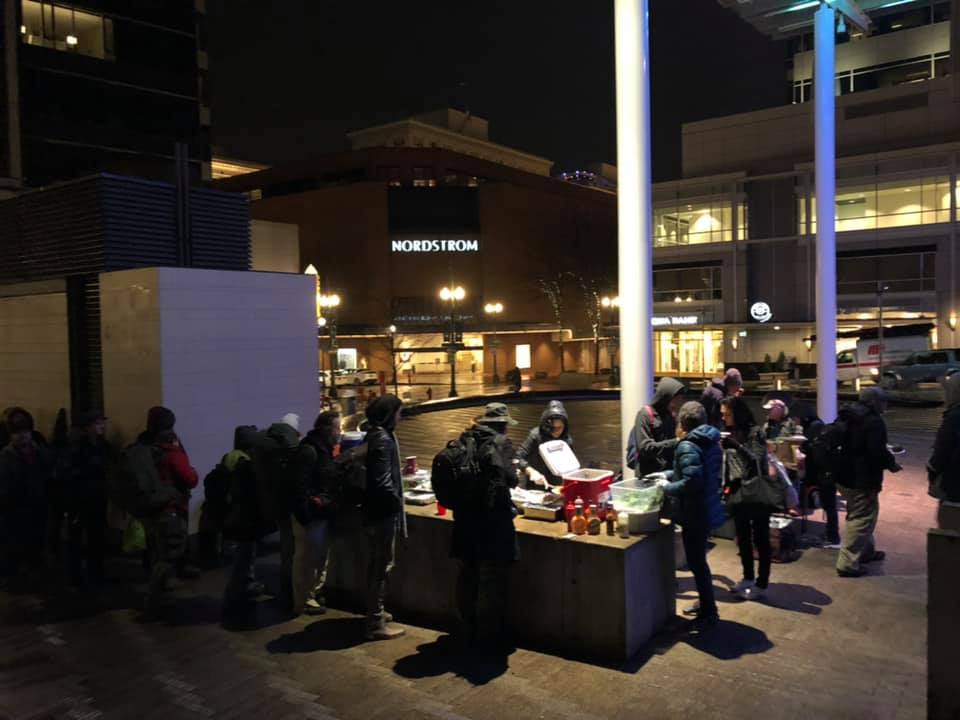
 RSS Feed
RSS Feed